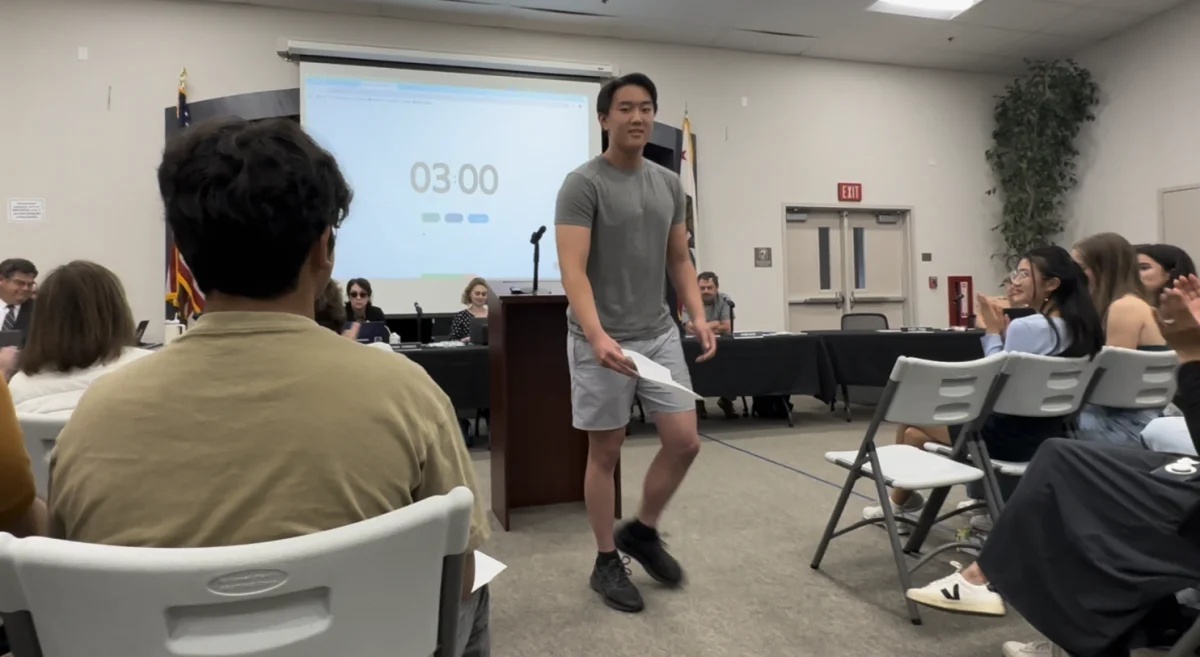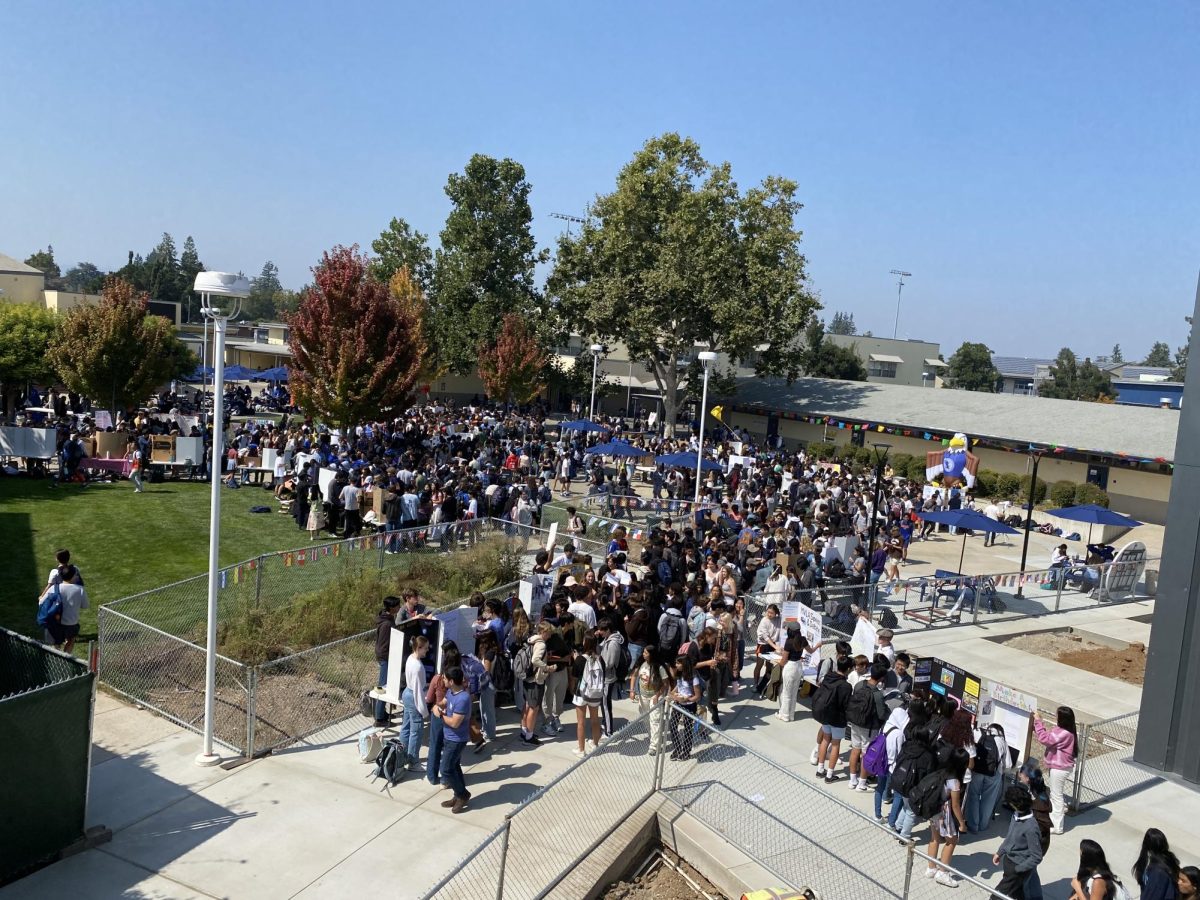You know you’ve got a real friend when you can add, block, marry, spam and throw a sheep at him or her with the click of a mouse.
Making friends is no issue with the online social network, Facebook. But where should students draw the line with who can be friends and who cannot? Especially with the fairly recent phenomenon of teachers getting Facebook accounts, students are questioning whether they should “friend” them or not.
So long as teachers clearly separate their educational relationships with students from other social relationships by creating Facebook accounts for separate purposes, Facebooks will not be an issue. Facebook and instant messenger (IM) are useful tools of communication, and teachers have recognized their convenience as students spend so much time online.
“My primary motivation for having one is just for band and orchestra-related events,” music director Ted Ferucci said. “I use it to post updates on the Marching Band group and Chamber Orchestra group and stuff, but I don’t friend students unless they’re moderators of groups or graduates.”
Some students also agree that the convenience of networking makes Facebook ideal for teachers’ use.
“I think teachers should use Facebooks,” senior Giovanni Jimenez said. “It’s a lot easier to ask questions with homework and stuff, because all you need to do is go online and the teacher is right there.”
Others, however, feel that the act of students and teachers “friend-ing” each other is slightly awkward.
“I think [teachers ‘friend-ing’ students] is kind of weird,” sophomore Ian Palmer said. “Facebook’s more just for students. Teachers can be friends with other teachers, but it’s weird if they’re friends with students.”
The act of “friend-ing” could initiate unacceptable social behavior between teachers and their students. Students who “friend” their teachers online should not expect any favoritism, which would turn perfectly reasonable relationships with teachers into unacceptable ones.
“I’d rather use email because it’s for everybody; it’s not like I’m favoring some students over others,” history and civics teacher April Fritz said.
According to Fritz, she had a friend who gave students her IM screen name and the students said things to her that they “normally wouldn’t say to her face.”
“It creates a different level of respect,” Fritz said.
Furthermore, as Facebook is a site for personal profiles and free conversation or expression, such social activity could become more limited if individuals knew that their teachers or students had free access to their profiles as “friends.”
“Facebook is a great way to connect with people, but there needs to be a division between students and teachers,” said Spanish teacher Terri Salsman De Rodriguex, who uses a Facebook account. “It is pretty personal, and I don’t think students would want their parents and teachers looking at the stuff they might have on their profiles.”
While teachers at the school are good at keeping their professional and social lives apart, nationally there have been instances of teachers and students sharing derogatory comments, personal information or explicit photos.
Students and teachers should keep in mind that Facebook is an excellent utility by which both parties can be contacted easily, but both also need to take the responsibility of keeping student-teacher friendships from getting out of control. While Facebooks are fine for everyone, teachers need to be especially careful not to overstep the designated social boundaries and refrain from “friend-ing” students.
To Friend or Not to friend: Teachers and Students on Facebook
March 3, 2009
Story continues below advertisement
0








